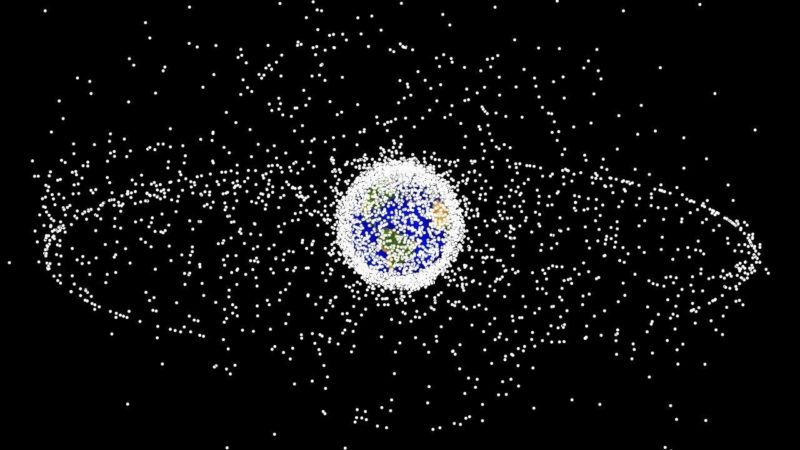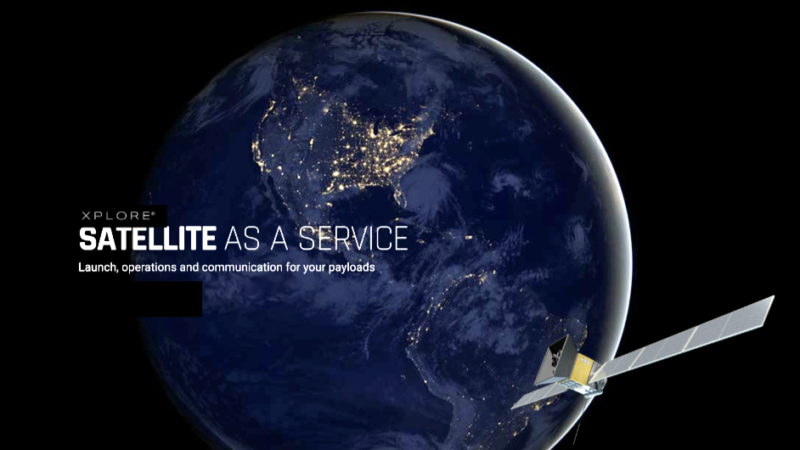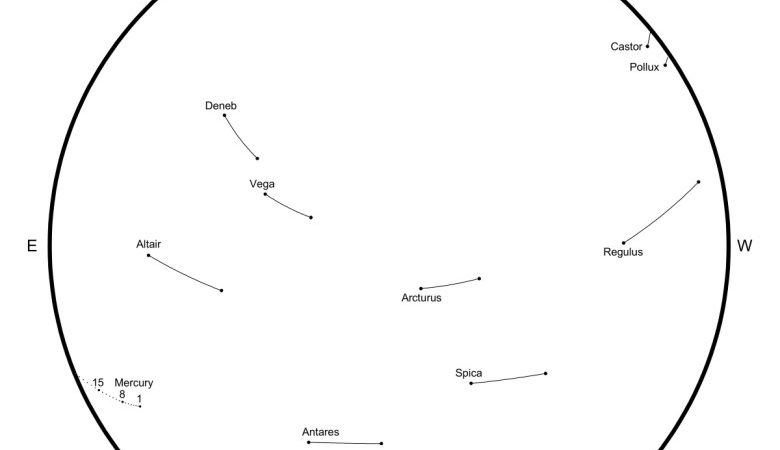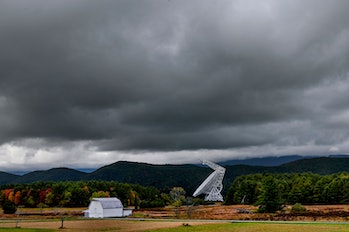European Space Agency Launches Telescope to Study Far Away Planets – Travel+Leisure
The European Space Agency (ESA) launched a telescope Wednesday morning that will orbit the Earth for the next 3.5 years, looking for signs of life on faraway planets.
Cheops — the telescope’s name which stands for CHaracterising ExOPlanet Satellite — was launched at 3:54 a.m. ET Wednesday from the European spaceport in Kourou, French Guiana, The BBC reported.
The mission of Cheops is a bit different than existing telescopes attempting to find other planets. Instead of hunting down new places in the universe, Cheops will study planets we already know exist (there are 400-500 on its list) and hopefully learn a bit about their density, atmosphere and evolution. Scientists hope to discover whether or not any of these planets are habitable.
Cheops will revolve around the Earth attempting to detect small dips in stars’ brightness as planets pass in front of them. From these minute dips in light — Cheops will be able to detect changes in brightness as small as 0.01 percent — scientists will be able to calculate planet density and learn whether planets are rocky and hard like the Earth or vaporous like gas clouds, according to The New York Times.
A Soyouz rocket lift-off from Europe’s launchpad in Kourou, French Guiana with Europe’s CHEOPS planet-hunting satellite on board.
JODY AMIET/Getty Images
Although Cheops’ mission is important, many astronomers consider it a preliminary venture to even bigger, more exciting missions. Nuanced information about other planets are more likely to come from the James Webb Space Telescope (JWST), due to launch in 2021.
“It’s very classic in astronomy that you use a small telescope ‘to identify’, and then a bigger telescope ‘to understand’ – and that’s exactly the kind of process we plan to do,” Nobel Prize Winner Professor Didier Queloz, explained to The BBC. “Cheops will now pre-select the very best of the best candidates to apply to extraordinary equipment like very big telescopes on the ground and JWST. This is the chain we will operate.”
In addition to the orbiting telescopes, there are several on land committed to similar missions. Between NASA and the ESA, there are several more launches planned for the early 2020s.






